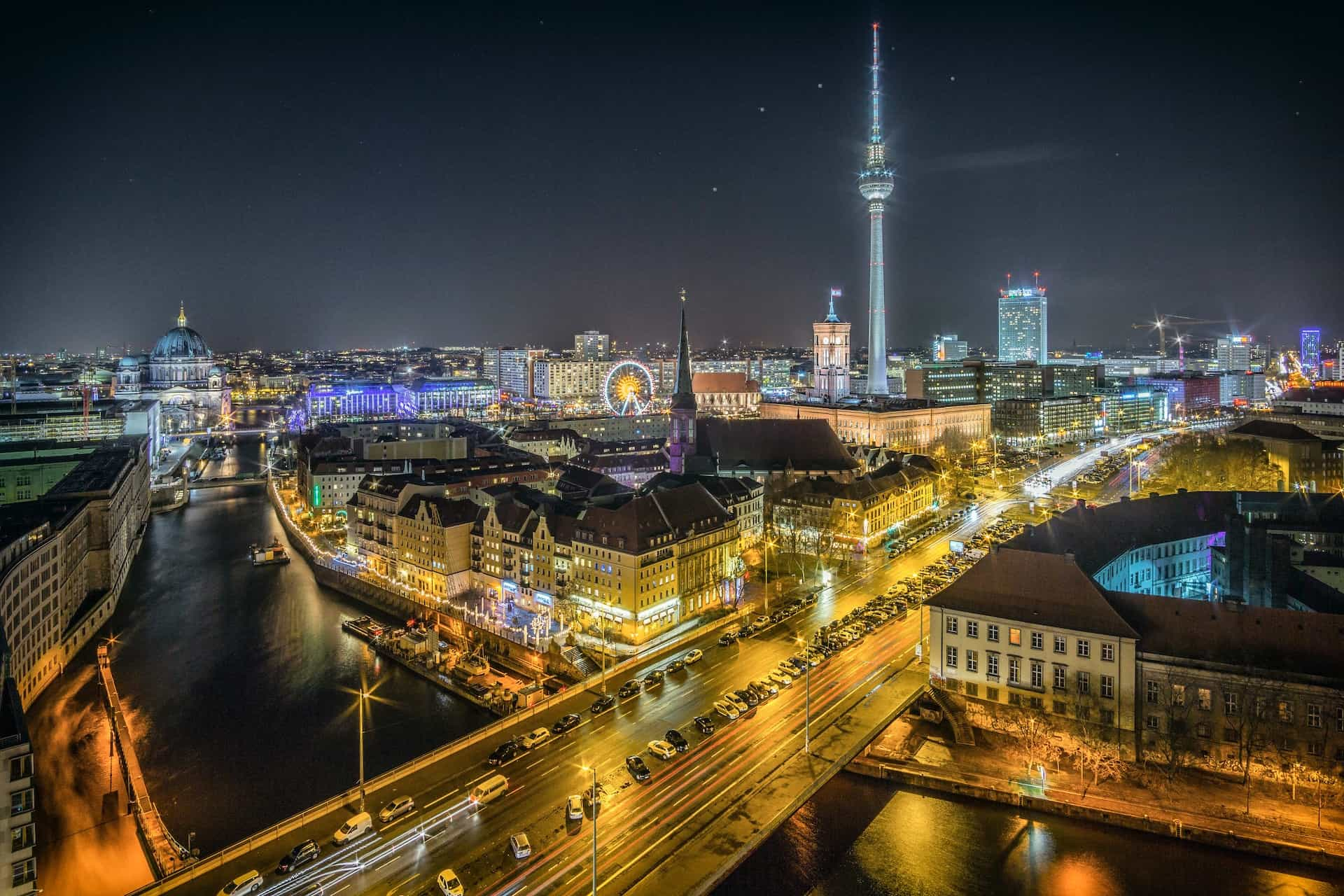Active Unlicensed iGaming Operator Fined in Germany
The solitary central gambling supervisory and regulatory authority of Germany, Gemeinsame Glücksspielbeh?rde der L?nder (GGL), has been called into action again as an unlicensed operator was detected in the regulated market of the country. The entity guilty of this violation is the iGaming brand Red Rhino. The operator’s online casino domain was still accessible to German gamblers even after the brand had withdrawn from the German jurisdiction. Since the platform could be accessed and gambled on by people within German borders, the GGL issued a €50,000 fine to Red Rhino for offering gambling services illegally via its online casino domain.

Red Rhino fined for illegal operation in Germany.
?S. Widua/Unsplash
The growth of online gambling over the past few years has been rampant. In a few regulated gambling jurisdictions, the introduction of the iGaming segment took place one or two decades ago. One of those jurisdictions is Malta. In comparison to Malta, the German gambling market is quite strict and is one of the strictest in Europe. The gambling laws have been devised keeping the official European gambling standards in mind. GGL has monitored its market with great diligence since it took the seat. While several European gambling jurisdictions altered their gambling laws to legitimize the iGaming segment, Germany did it just over two years ago. Shortly after legalizing online gambling in the country, Germany also decided to switch from state-based gambling regulators to a central regulator last year. The motion was passed and 2023 started with their first central regulator, GGL, whose responsibility was to supervise and regulate all gambling activity that is conducted across the 16 Federal states of the nation, and also issue permits to operators who comply with the German law.
The German Interstate Treaty on Gambling came into play in July 2021 and enabled private gambling operators from all over the world to apply for gambling licenses in Germany to offer online gambling, sports betting, virtual slots, online poker, and more. However, getting a green stamp on gambling permit applications is not easy. GGL has an extremely strict verification process during which if any discrepancies are detected, the German regulator instantly rejects the application and the respective gambling operator has to rectify their paperwork errors and reapply for the permit. Despite being quite strict, the online gambling market sector is growing steadily in the GGL’s jurisdiction. According to reports, Germany’s iGaming segment is expected to grow more than seven percent in the next five years, which could result in a market volume of over €6 billion in 2027. The total revenue generated from regulated online gambling in Germany is projected to reach €4.8 billion at the end of this year. The German gambling market is one of the most credible markets in the world and many operators eye it for their European expansion.
Along with the increased influx of gambling operators, the responsibilities of the gambling regulator also increase. Apart from monitoring the licensed gambling operators and issuing gambling permits to others, the GGL also has to keep an eye on iGaming operators who are trying to enter the regulated market without a valid license. Several European operators have been locked in a long fight with illegal gambling operators. Each regulator has its own way of dealing with these entities that are out to threaten the integrity of regulated gambling jurisdictions. GGL relies on the fining and blocking method where it issues a considerable fine on an illegal operator that has been detected. Upon detection, the regulator adds the illegal domain to its blacklist and blocks it within its jurisdiction with the help of local Internet Service Providers (ISPs). The latest name that has fallen on GGL’s radar is Red Rhino. The Malta-based operator held a license in Germany and was offering online casino services via Platincasino.de but it withdrew from the jurisdiction.
As Red Rhino decided to leave Germany, its gambling license was cancelled with immediate effect. According to German gambling laws, the operator should have made its general Platin Casino domain inaccessible to Germany. However, only the Platincasino.de domain was disabled while Platincasino.com remained open for German gamblers. This unlicensed access forced the GGL to issue a massive €50,000 fine to Red Rhino. Apart from the iGaming operator, GGL also fined the payment service provider that was enabling payments from players within German borders to Platin Casino’s general domain. The identity of the payment service provider and the fine amount were not disclosed by the GGL. The regulator also reiterated that it is using up the administrative measures and resources to fight unlicensed gambling operators and to recover that, the penalties for violations can either be repeated or increased until the recipient complies with the prohibition order. GGL’s board member, Benjamin Schwanke, confirmed that the regulator’s methodology has increased pushback on illegal operators and offers.
Affiliate Domains Under GGL’s Radar
All gambling regulators of jurisdictions worldwide are battling illegal gambling. On very few occasions an operator unknowingly offers gambling services in a jurisdiction where it is not licensed by the local regulator. However, on other occasions, illegal gambling activities are used to generate revenue for crime networks and can also be used to fund illicit activities like money laundering and terrorist financing. The threat revolving around this activity is quite severe which is why regulators take it very seriously.
The GGL may be a new regulator but has been quite effective in its fight against unlicensed operators. In addition to the regular approach, the German regulator took another positive step earlier this year by requesting the Higher Administrative Court of Saxony-Anhalt to prohibit the marketing of services that are offered by licensed operators on platforms that host advertisements of illegal operators and offers. The court agreed with GGL’s proposal and asked the regulator to inform these affiliate domains about the gambling whitelist.
GGL Not Happy with Malta’s Bill 55
The gambling laws of Germany have been devised keeping European standards in mind. Germany is one of many European nations that does not believe in tampering or tweaking these standards and neither will it remain silent if it sees the regulations of any other jurisdiction flouting the European laws. Recently, Malta’s Parliament passed a bill that favoured Malta-based gambling operators legally under certain circumstances. The Malta Gaming Authority (MGA) clarified that Bill 55 did not violate any regulations of the European Gambling Law.
However, Germany and the Netherlands were concerned with the bill as it was operator-centric and not consumer-centric. In a nutshell, Bill 55 enables the Maltese courts to refuse legal enforcement of any foreign proceeding on a regulator that is based and licensed in Malta. But this can only be done if certain criteria are met. GGL released an official statement, voicing its concern and it was met with an immediate response via the MGA. Lawyers in the Netherlands are still concerned over the new bill which has already been passed.
 Online Casinos UK
Online Casinos UK



